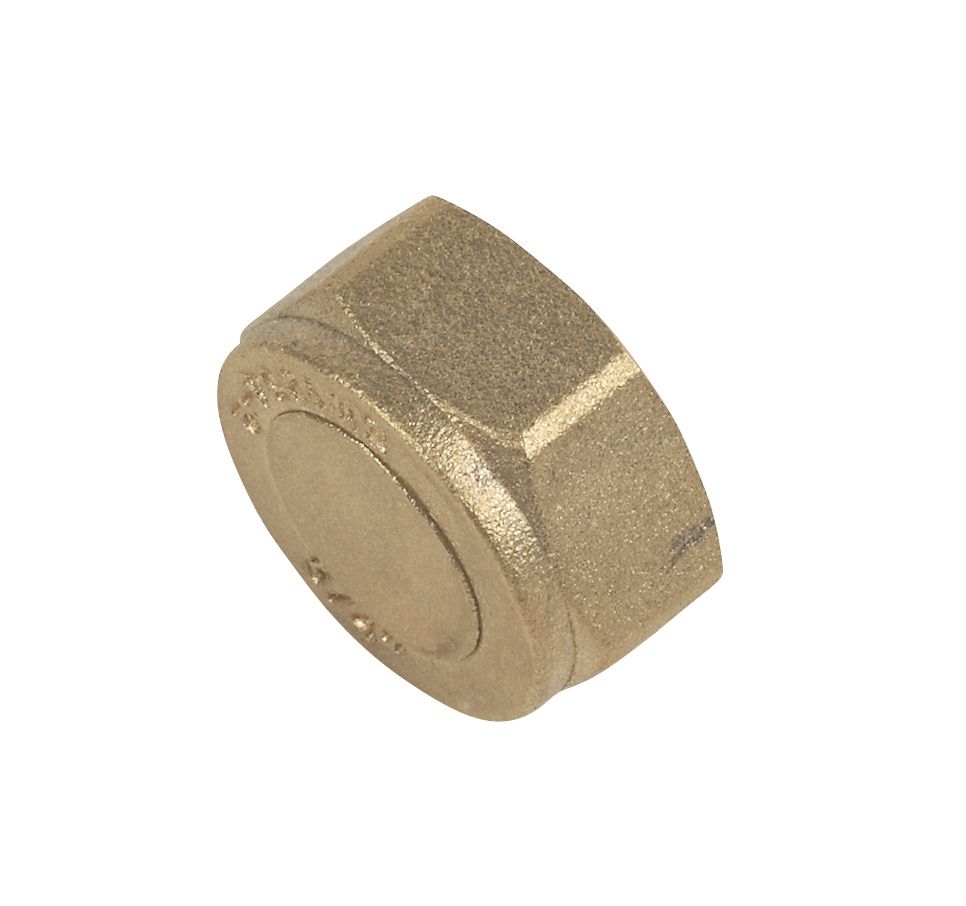I think the blanking nut the OP posted has a rubber washer inside the top

Flomasta BSP Blank Nut 3/4" x - Screwfix
Order online at Screwfix.com. Brass blank nut. FREE next day delivery available, free collection in 1 minute.
I have purchased those ones in the past, they didn't have a rubber washer when I purchased them.
For some reason, without the washer, they would leak even if the TRV was only letting a dribble past.

